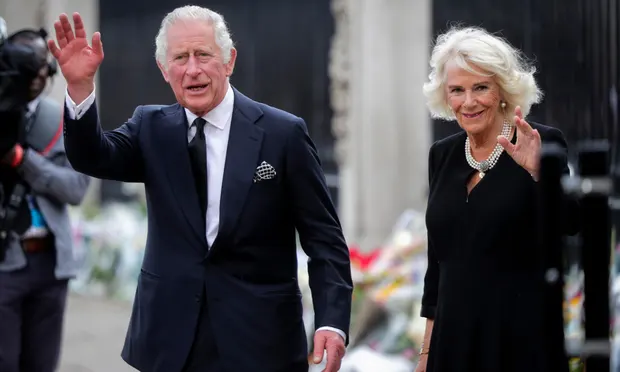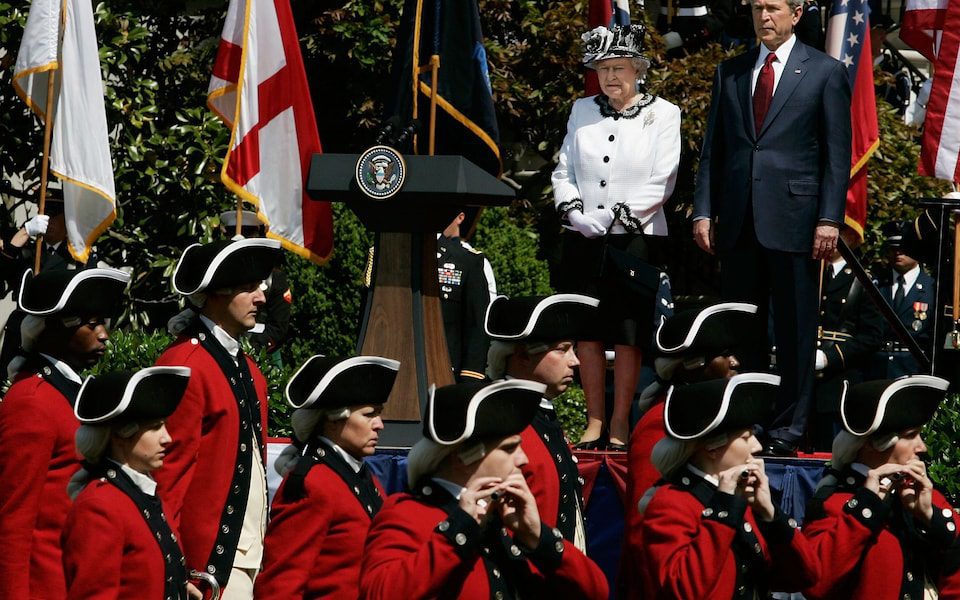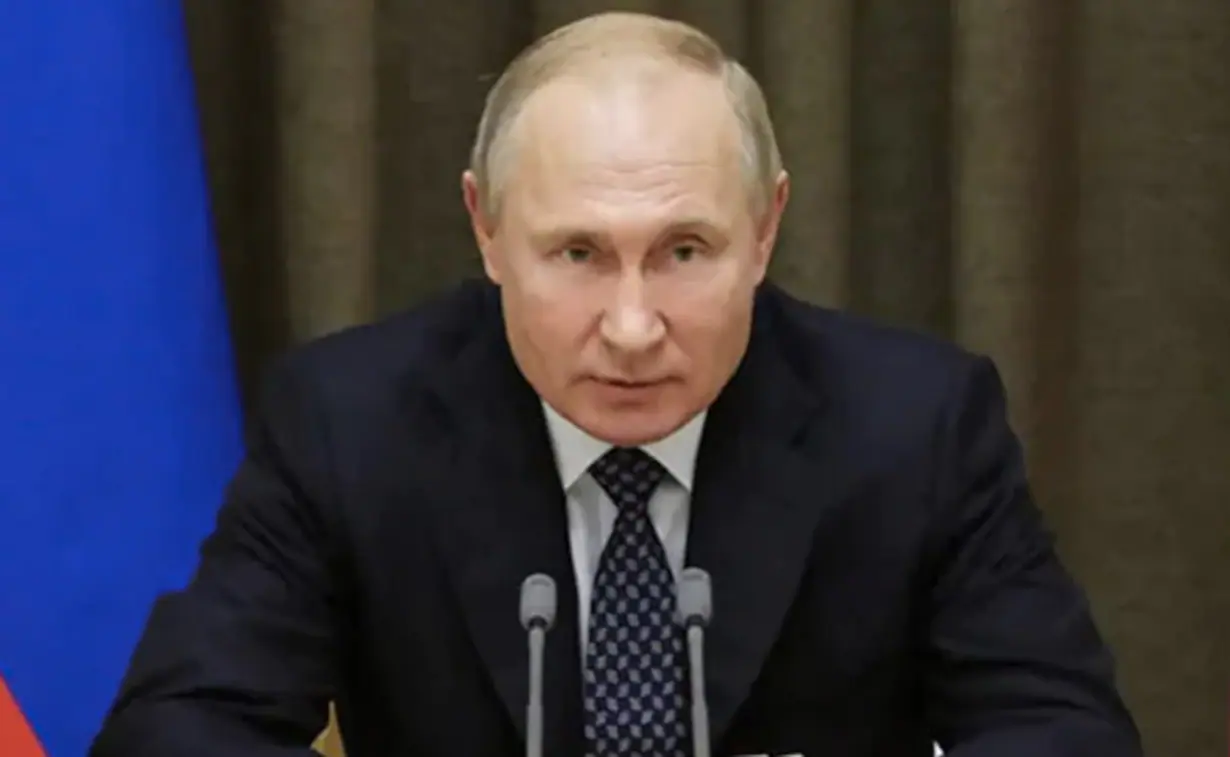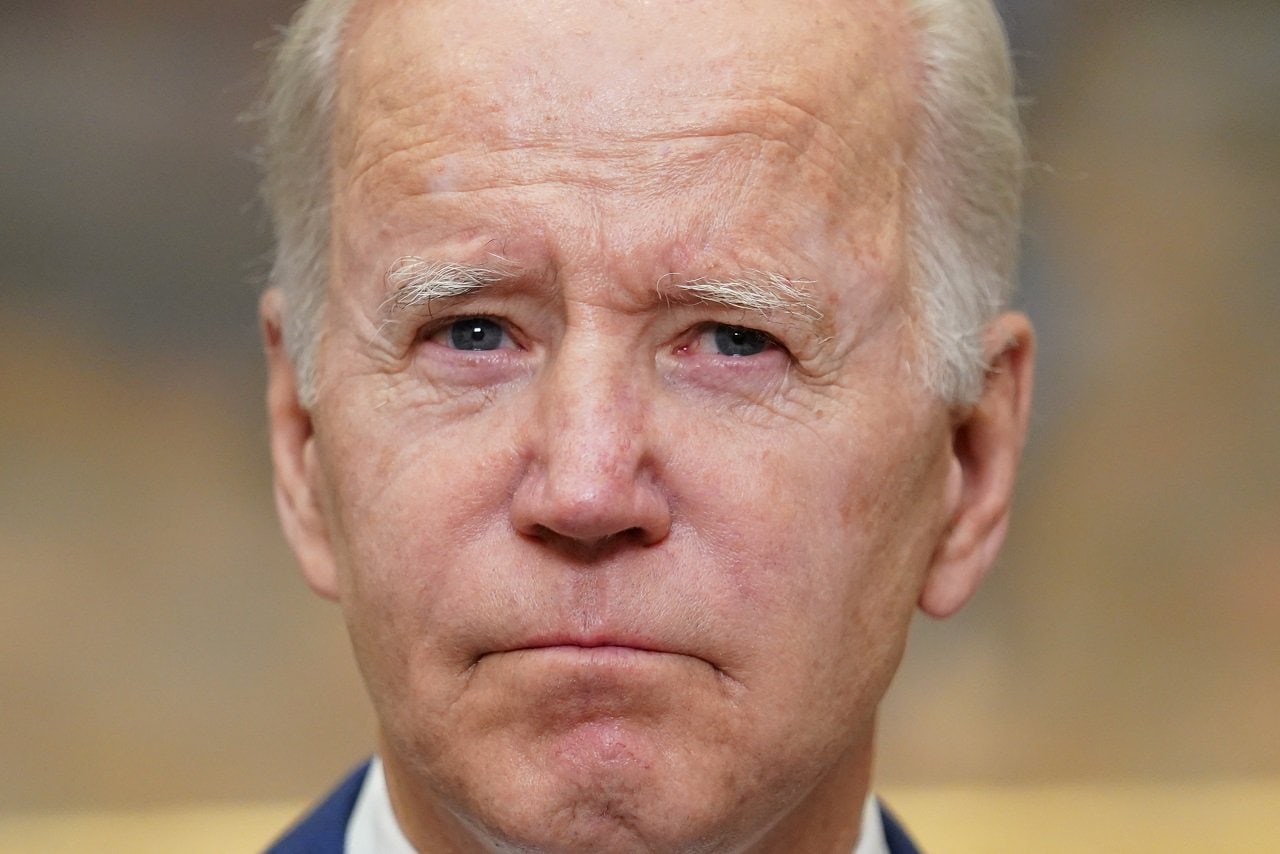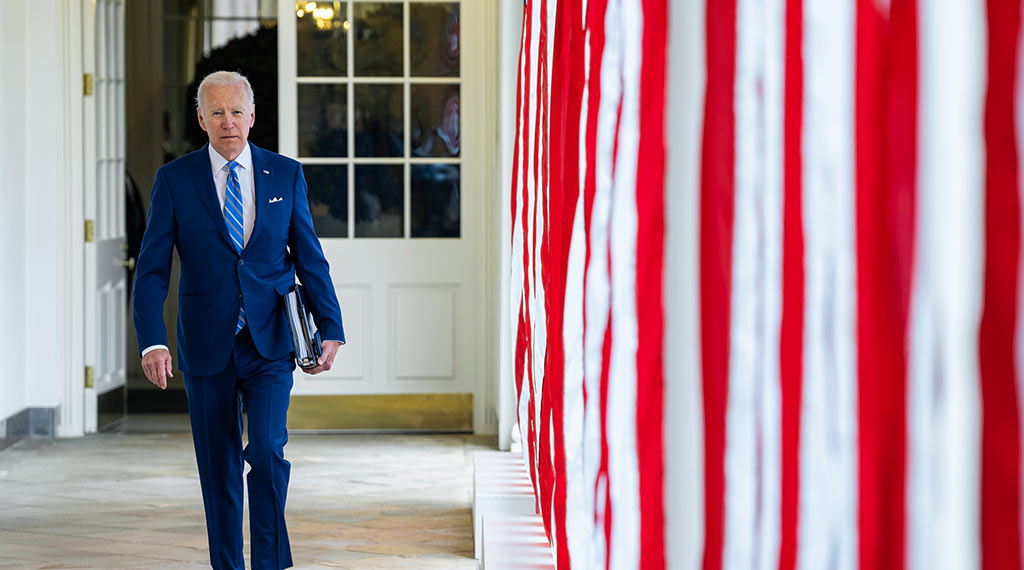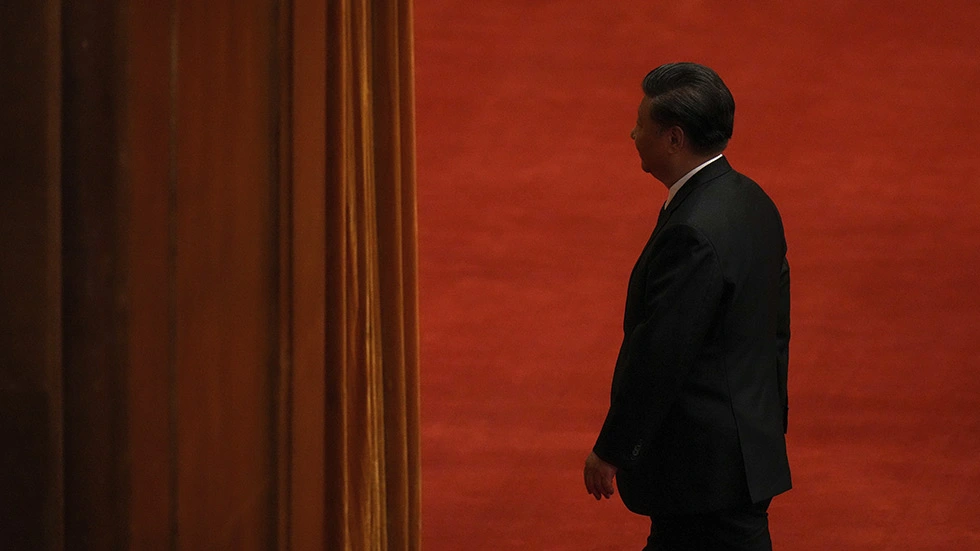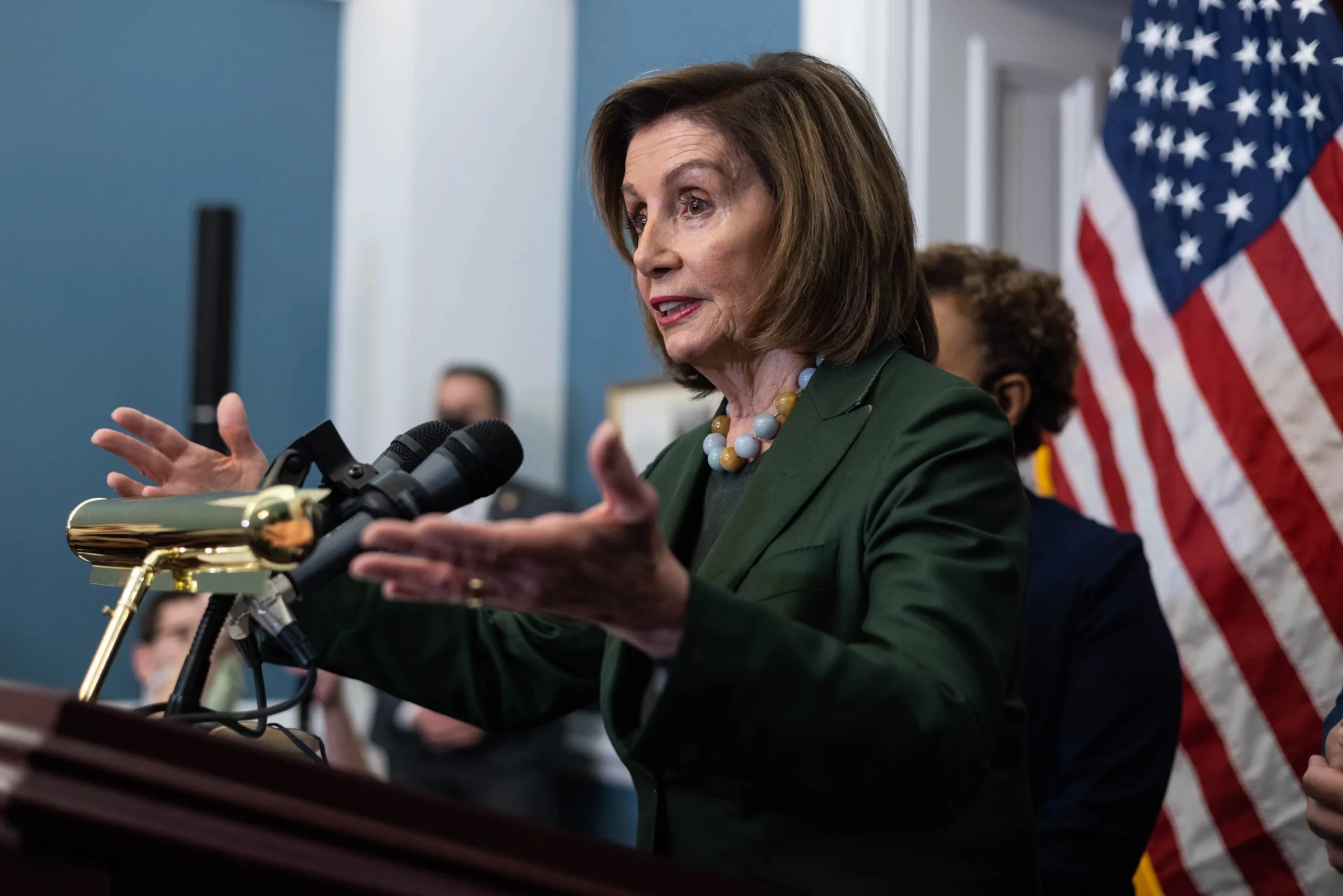By Ambassador John Bolton
This article was first published in The Hill on September 12th, 2022. Click Here to read the original article.
As the reality of Queen Elizabeth II’s passing sinks in, and international mourning continues, Britain’s unmatched flair for dignified pageantry is affirming the continuity and stability of the nation and its sovereignty. Notwithstanding the ceremony, however, no one is blind to the hard questions King Charles III and the monarchy itself will face in short order.
Inevitably after 70 years of one person’s reign, Charles will face close scrutiny to see if he matches the expectations, accumulating for decades, about the sovereign’s behavior. Equally inevitably, beginning perhaps during the preparations for Charles’s coronation (likely next year), there will be a surge of republican sentiment from Britain’s left advocating elimination of the monarchy itself.
Accordingly, how the new king comports himself in the coming months could be decisive not merely on some “performance” level but, constitutionally, in handling both near and long-term challenges he and Britain face.
Since the origins of the United States lie in repudiating the monarchy, many here too readily dismiss its deep-rooted significance for our United Kingdom cousins. Given our (history’s oldest, continuously-in-force, written) Constitution, Britain’s historically derived, unwritten and now almost unique form of constitutional order is even more remote.
Unquestionably, however, the evolution of Great Britain’s governance structures over centuries has produced a monarchy that is not simply a decoration, an appendage that can be easily excised with few collateral consequences. Even so, early missteps by Charles will complicate his reign; full-blown debate over abolishing the monarchy can only complicate it more.
Doubts about the monarchy’s utility underlie much of the coverage of the ongoing royal transition. Some commentators stress the turmoil, stress and uncertainty Britain faces, led by both a new sovereign and a new prime minister, but such assessments are overwrought.
We are not in World War II. That was stress. Other pundits have excoriated Britain’s imperial past, as if the monarchy alone is responsible for the alleged misdeeds. It is not, nor is it responsible for the enormous benefits stemming from Britain’s empire-building, “mother of parliaments” that it is, not that many today will mount that defense.
Properly analyzing the monarchy requires assessing its unique function in the UK’s constitutional system, not every aspect of British international policy. Nonetheless, as the living symbol of Britain’s nationhood, the new king will face many more broadside attacks.
In the first days defining his new role, under unprecedented media attention, Charles has delivered in unexpected ways. Arriving at Buckingham Palace, his new home, rather than just inspecting the flowers and mementoes left to honor the queen, he greeted well-wishers gathered across the palace’s frontage, an image that surely stunned and likely captivated Britons who rarely see such a personal royal touch or public access. Even while mourning his loss, Charles reached out to the British people, and they responded. It was a masterstroke.
Immediately thereafter, the king’s first speech was entirely on target constitutionally. Duty, service and constancy are obviously Charles’s priorities, as they were Elizabeth’s. Still, this is just the beginning.
The paramount question is whether Charles can maintain his mother’s distance from day-to-day politics. In these first remarks, he signaled a withdrawal from the political arena: “It will no longer be possible for me to give so much of my time and energies to the charities and issues for which I care so deeply. But I know this important work will go on in the trusted hands of others.”
In Britain’s constitutional system, the king’s duty – and it is a duty of constitutional dimensions, not mere symbolism – is to be the nation’s voice when necessary. His role decidedly does not involve nattering on about current events.
At moments of grave crisis, such as wartime, the king can exercise a steadying presence, and provide a much-needed sounding board for the prime minister, a presence who should have no agenda other than discerning the national interest and how best to protect it.
As crown prince, Charles was outspoken on issues such as the environment and climate change, obviously popular for many, but complicated and politically controversial.
A king’s proper stance, by contrast, requires remaining above the specifics of legislative or policy programs at Westminster or 10 Downing Street. He is not a political actor or commentator. Resisting the allure of short-term political acclaim must be a top royal priority, a task requiring sustained effort and discipline to succeed.
Here, Charles III’s military experience, in both the (appropriately named) Royal Air Force and Royal Navy, marks potentially the most important constitutional role he can play. Although the King’s authority as commander in chief is fully delegated to parliamentary ministers, national defense is existential, and the monarch embodies British nationhood not just sentimentally, but constitutionally.
Thus, King George VI’s determination to stay in Britain during World War II no matter what, in the face of a feared Nazi invasion and after Buckingham Palace itself had been bombed, compellingly demonstrated the will to survive as a nation.
On another practical level, the king’s constitutional persona as head of the Commonwealth of Nations is potentially quite significant. There are untapped possibilities for the United Kingdom and the West more broadly in the Commonwealth, and Charles’s long international experience provides a foundation for prime ministers to build upon.
Beyond the Commonwealth, the king could play a significant role representing British national security policies generally. For example, an early visit by the new king to Ukraine would carry enormous weight. Newly liberated from the European Union, global Britain could make full use of the monarchy, probably its best-known national institution.
There are other perils clearly ahead for Charles. Media and critics will scrutinize all things financial and the inevitable efforts of many to take advantage of his new role. Although he has already endured such a spotlight, the new extent of the attention will be extraordinary.
Elizabeth was spared much of this pressure, but Charles will have no such luxury. Success in the monarchy is ultimately a test of character, and therefore will rest only on the king himself.
John Bolton was national security adviser to President Trump from 2018 to 2019, U.S. ambassador to the United Nations from 2005 to 2006 and held senior State Department posts in 2001-2005 and 1985-1989. His most recent book is “The Room Where It Happened” (2020). He is the founder of John Bolton Super PAC, a political action committee supporting candidates who believe in a strong U.S. foreign policy.
